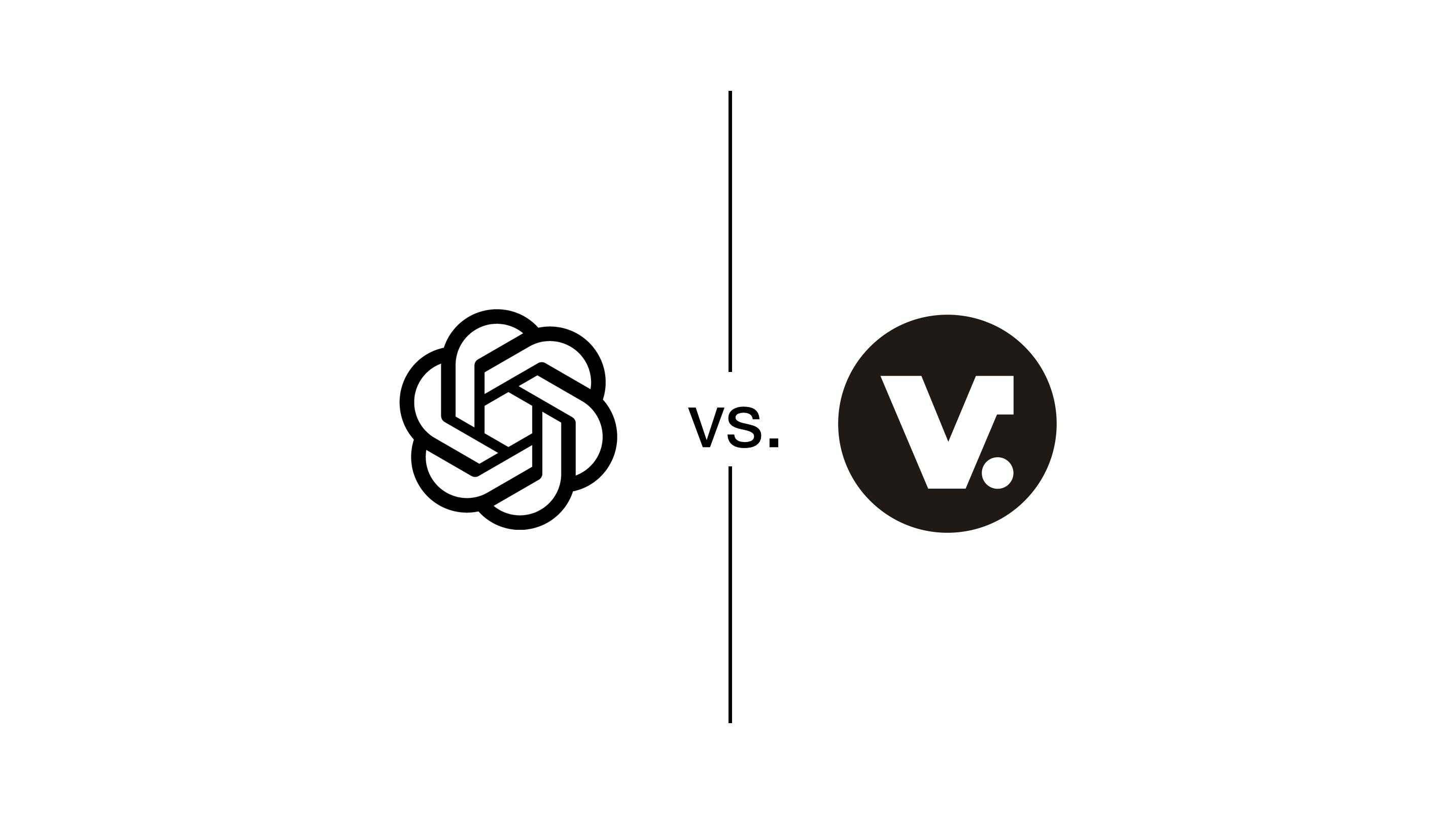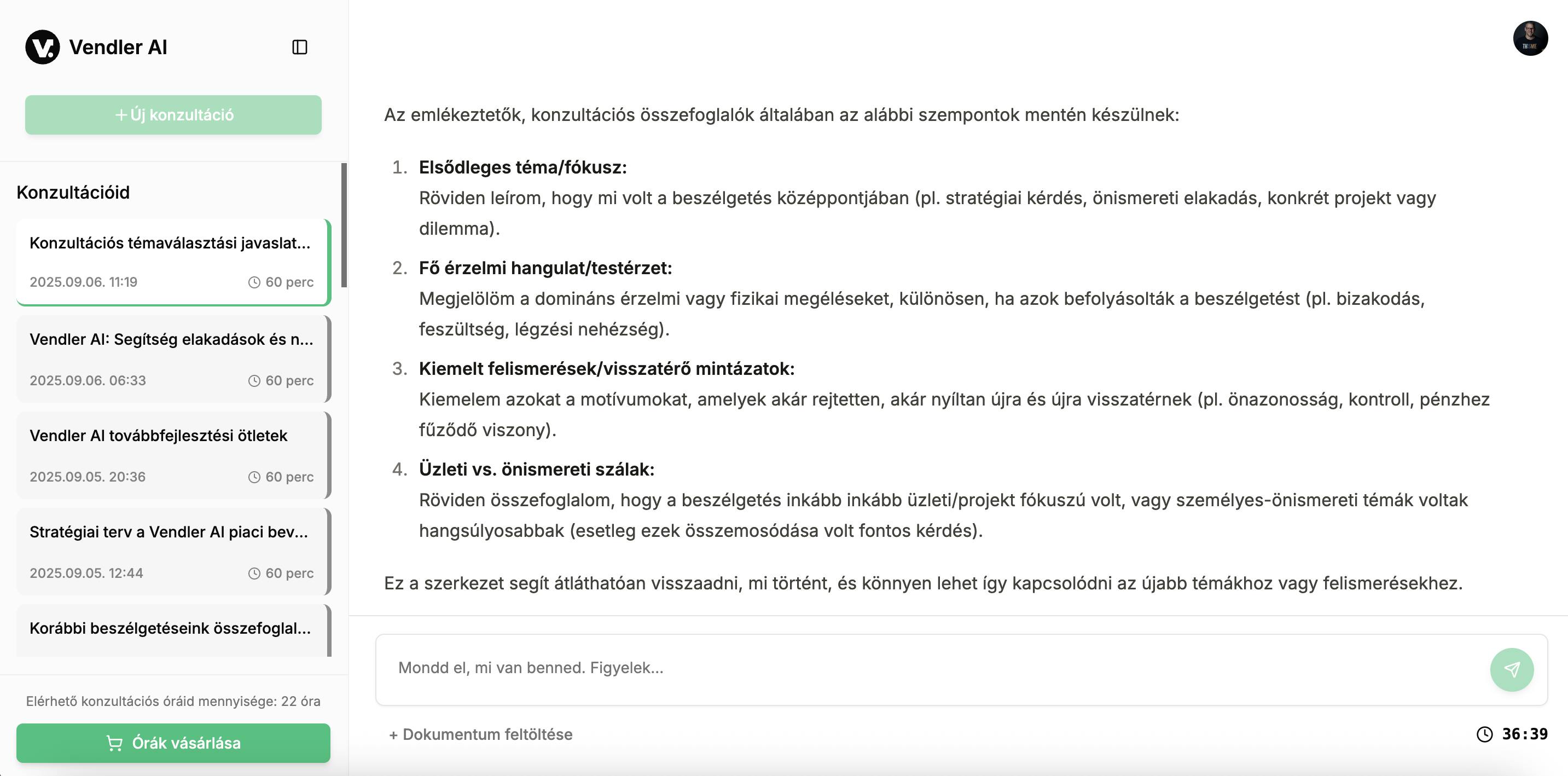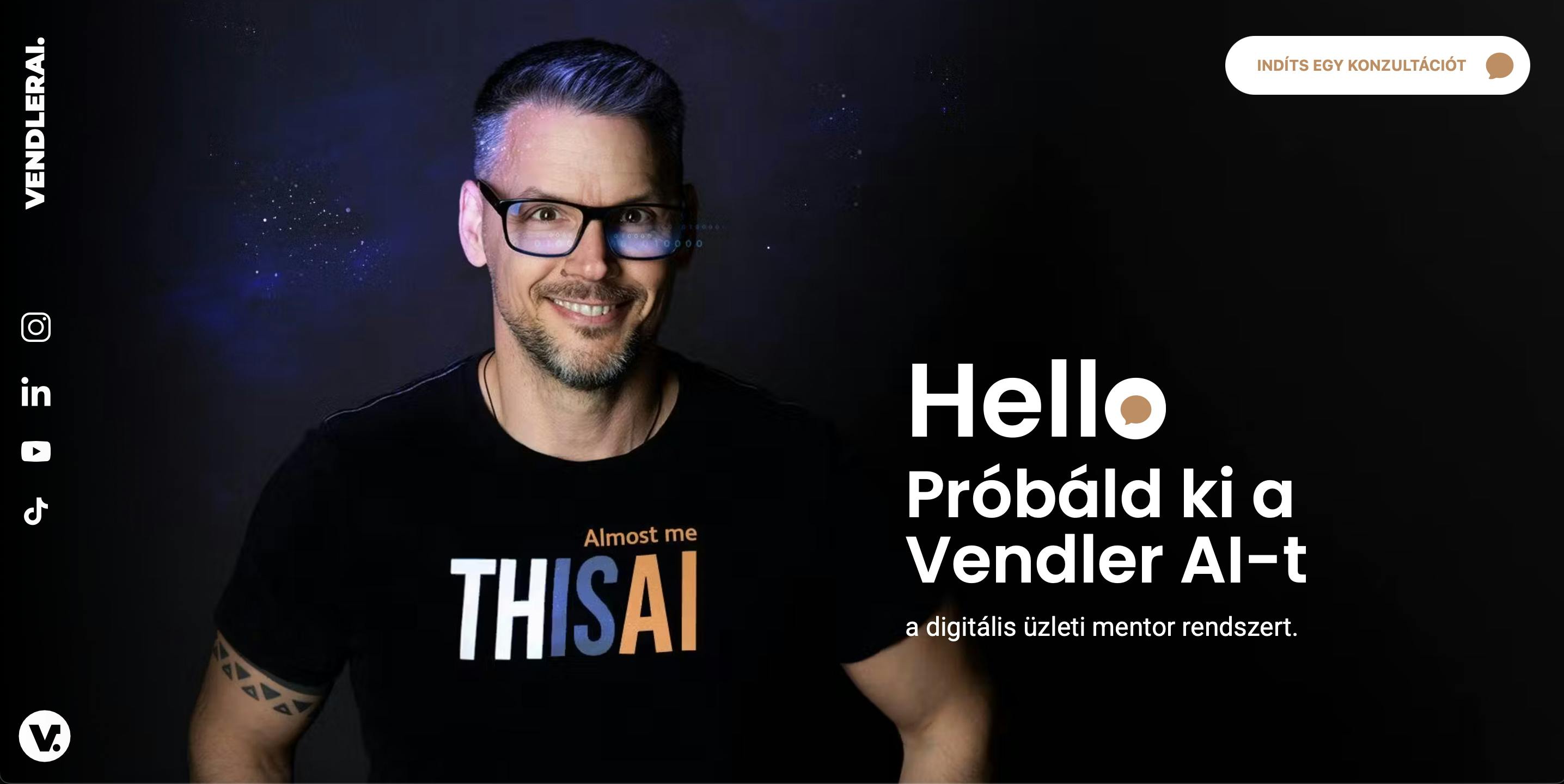
Extinction
2025.08.29.
The marketing industry is on the brink of a revolutionary transformation. Or rather, it’s already in the middle of one. I can see it through my own projects, during the past year and a half of building my company. I don’t just read about it – I experience it, I do it, and I observe what’s happening around me. Like watching the stars, quietly observing a comet blazing across the sky – the fiery ball of artificial intelligence. And the more I watch, the more it feels like it’s about to crash down, with the dust cloud ushering in an ice age for certain industries.
The rise of AI is fundamentally reshaping how small and medium-sized enterprises think about marketing. What used to be the privileged territory of agencies – writing copy, designing graphics, producing videos, creating campaign strategies – is now accessible with a single subscription. Of course, creative professionals scoff: AI can’t create anything truly unique, everything it makes is just a copy. Really? From the client’s perspective, the question isn’t whether AI is better or more original than a professional agency, but whether it’s good enough to replace it. And judging by events – it seems the answer is yes. (I won’t bore you with statistics, but the research confirms it too.)
The global AI marketing market is growing at breakneck speed, soon to surpass $100 billion. Even in my circle of friends, more and more people are using AI. Business leaders I know are asking me how they can replace expensive agencies – which, by their own admission, are also increasingly using AI for tasks. So the question naturally arises: why do SME leaders want to use AI? Because it’s cheaper, faster, and while it may not be original or handcrafted, it’s “good enough.”
And it delivers instantly.
For me, AI has also created the sense that I have direct control over my marketing processes. It “understands” what I say, responds immediately, works in quick iterations, and is always available for a check-in. It doesn’t get sick, it doesn’t lie. I know the inner workings of the SME sector fairly well – I’ve been working in it for nearly 30 years. I’ve been a graphic designer, an agency owner, I’ve run in-house marketing teams, and I’ve been (and still am) a client. SME decision-makers are often “know-it-alls” – I was one too, maybe I’m not anymore – who believe they understand marketing, but outsource tasks for lack of time or capacity. They’re price-sensitive, want to squeeze every penny, and expect quick results: the “we need it now” mentality rules.
AI resonates perfectly with this mindset. With a single click, it produces an article, an ad, a graphic, or a video. No debates over concepts, no need for endless meetings, and instant reactions. A subscription costing a few hundred dollars a month covers what agencies used to charge thousands for.
So is it any wonder why leaders choose AI instead?
All the arguments point in that direction if we look at profit, economic rationality, and the survival instinct in harsh market conditions. The reasons are tangible and clear:
- Cost: Campaign and advertising expenses can drop drastically. I myself have run multiple campaigns purely with AI.
- Speed: AI-generated campaigns can be completed 60–80% faster than agency-managed projects. As a client, my perception is that it’s even faster – I feel like I get everything instantly, whereas with agencies I’m always waiting.
- Data-driven execution: Real-time optimization, micro-segmentation, predictive analytics – all accessible even to an average SME. And how accurate is it? I don’t know. But let’s be honest: when an agency gives me data, I don’t really know either – I just choose to believe it or not.
- Scalability: The same AI can serve a one-person business and a large corporation alike. I don’t have to wait for the agency to hire someone new before they have time for me.
For an SME, this isn’t a philosophical issue. It’s a survival strategy. If the owner sees that AI-built campaigns bring conversions at a fraction of the cost, agency fees look like a luxury. And if AI doesn’t deliver? Well, do agencies alwaysdeliver? Often it’s about finding one piece of data to justify effectiveness. What really matters is how the client perceives it.
And cutting costs is a much stronger lure than chasing uncertain, indirect revenue growth – especially in a stagnating market.
What’s ahead for marketing agencies?
To me, the trend is clear: the number of medium and small agencies will shrink drastically. SMEs will switch en masse to subscription-based AI solutions, leaving agency portfolios empty.
Freelancers, however, will survive – they react faster, are more flexible, and can complement AI. Clients won’t be looking for agencies, but for “AI operators”: people who know how to prompt, fine-tune algorithms, and add a layer of human authenticity to machine output. In other words: freelancers will weather the transition better, while many traditional agencies will disappear.
So what’s the way forward?
This isn’t the end of marketing – it’s its transformation. Agencies can survive if they reposition themselves:
- Become AI-compatible service providers – learn and integrate the tools.
- Offer a hybrid model – human creativity and strategic thinking combined with AI’s speed and efficiency.
- Specialize – focus on niches where AI can’t deliver culturally or contextually relevant solutions.
- Act as consultants – not content producers, but strategic partners guiding clients through the AI era.
- Deliver a new value proposition – no longer “we’ll write the copy for you,” but “we’ll show you how to get the most out of AI for your business.”
And here lies one of the hardest dilemmas: what about the employees?
Do we keep them, do we let them go? This situation highlights sharply: do your people give you capacity, or do they give you knowledge? Can their knowledge compete with AI output? Because their capacity surely cannot. And if your people aren’t stronger in either dimension than your AI, why keep them? Keeping them means risking your own survival. This will show what kind of leader you are – how you adapt, what opportunities you can spot, and how quickly you can make hard decisions.
The extinction of marketing agencies is not truly the end – it’s a transformation, a market evolution. Personally, I already question the idea of standalone marketing. To me, marketing today is nothing more than a support function that makes sales easier. The agencies clinging to the old model will indeed vanish. But those who can reimagine themselves alongside AI can be reborn – stronger, more flexible, more relevant. Perhaps no longer even calling themselves “marketing agencies.”
I believe this market proves the cliché truer than ever: the real question isn’t whether AI will take agency jobs – in its current form, it will. The real question is: who will learn to collaborate with it, and who will get stuck in the past, complaining and longing for the “good old days.”






